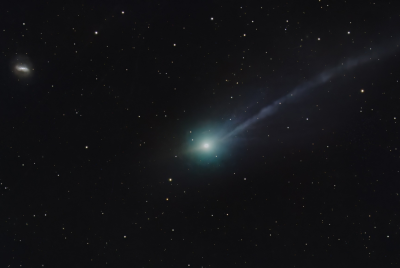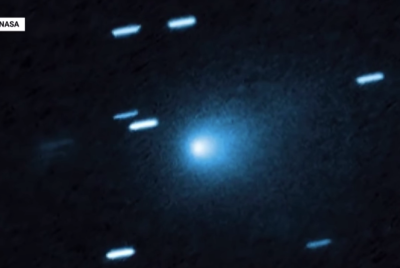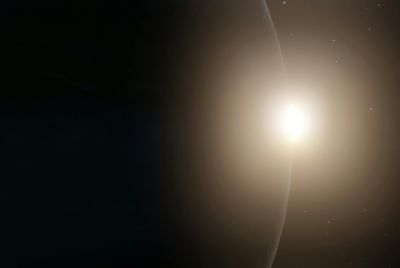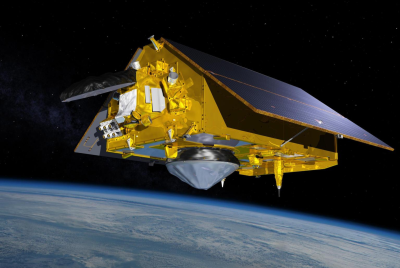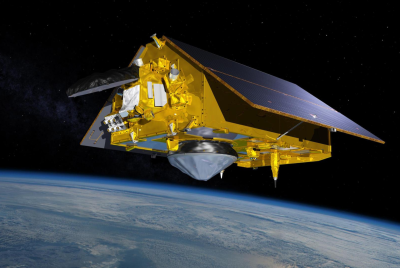Time Dilation At High Speeds Validated To Precision Using Lithium Ions
Scientists again prove Einstein's theory that time slows when travelling at light speed
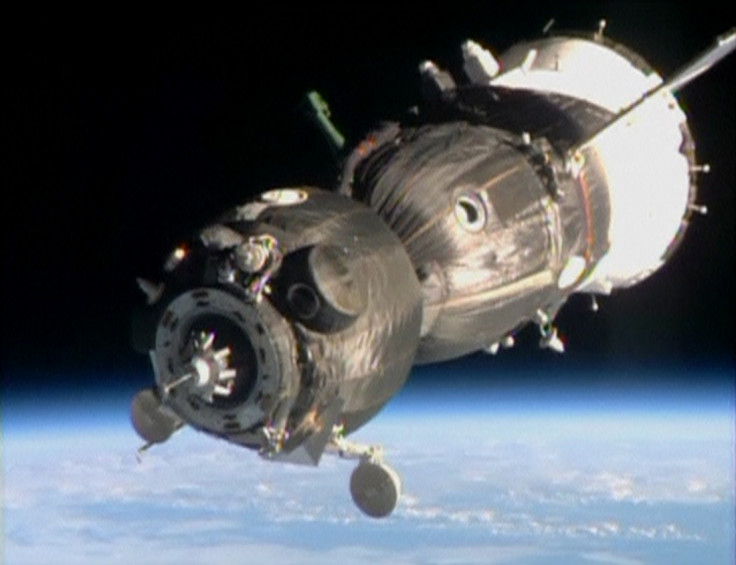
According to Einstein's special relativity theory, a trip on a high-speed rocket can slow time for the traveller.
Scientists have now confirmed this time dilation effect to a level of accuracy which has never been achieved before.
Previous experiments in the past have relied on observing celestial bodies or precise atomic clocks. The latest one involved observing lithium ions accelerated to a third of the speed of light (223,540,000 mph).
To carry out such the test, Benjamin Botermann of Johannes Gutenberg-University, Germany, and his colleagues looked at the Doppler shift in lithium ions accelerated in the Experimental Storage Ring in Darmstadt, Germany.
The Doppler shift is a change in frequency according to relative motion: it increases if the source and observer move towards each other, and decreases if they move away from each other.
The team stimulated two electrons in the Lithium ions, using two lasers firing in the opposite direction to the ions' motion. The shift in the laser's frequencies, compared to what they were when the ions are at rest, were then compared to measure time.
The difference in frequencies between the stationary and excited ions proved that time dilation occurs: the closer the ions approached the speed of light, the slower time ran for them.
© Copyright IBTimes 2025. All rights reserved.







